Holiday Reading List 2019
Table of Contents

Such a joy, the holidays. Long car rides, waiting around airports, packed flights, family squabbles. Cold, short, dark days with nothing to do. And yet, people still get excited about the holidays.
This year I’ll be filling the void with long walks, Netflix binging, and gluttony.
And if for some reason you decide to take a break from your Netflix binging and hedonism, perhaps you might occupy yourself with a book or two. Thus, I am here to avail you in your search for books to read.
The Books, in No Particular Order #
I have put together a short list of books, each of which meets the following requirements:
- Each book is available in audio form, should you decide to listen to a book while driving or on a walk, as I often do.
- Every book is intended to stimulate the mind, and provoke thought.
- These are all books I have read recently, thus they are fresh in my mind, with some exceptions.
On to the list:
How to Change Your Mind, Non-Fiction #
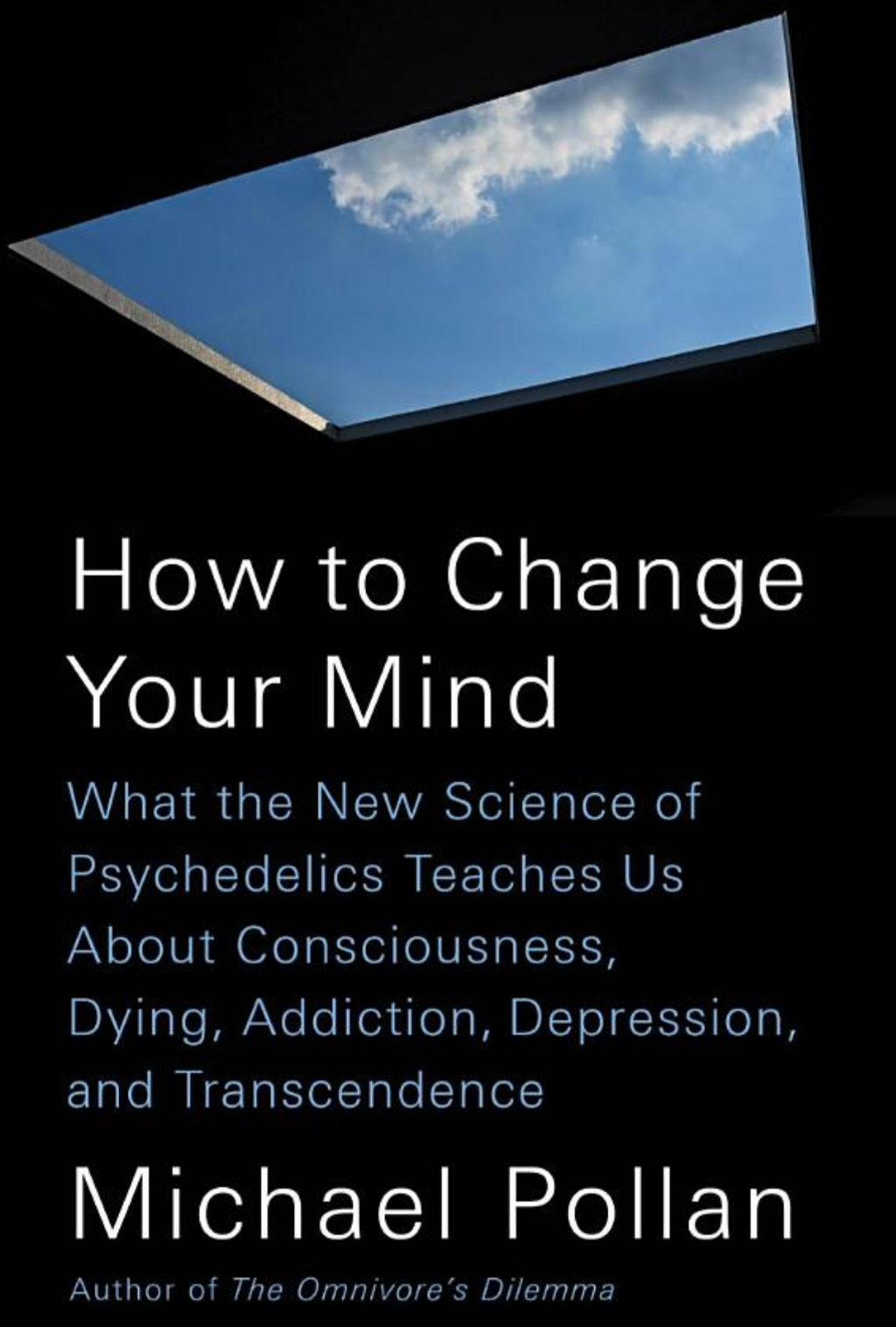
Michael Pollan’s exploration of psychedelic drugs and their therapeutic value has become something of a modern classic. It contains an engaging blend of history, anecdotes, and trip reports, while examining the renaissance in psychedelic research. Since its publication, the FDA has actually granted “breakthrough therapy” designation to psilocybin for treatment-resistant depression1, lending credence to many of the book’s claims.
The book primarily discusses psilocybin and LSD, but also explores other psychedelics like ayahuasca and 5-MeO-DMT (the “toad venom”). What makes Pollan’s approach unique is his skeptical starting point—he’s not some wide-eyed evangelist but rather a cautious journalist who gradually becomes convinced of these substances’ potential.
My main takeaway is that these drugs act more like a super-placebo that creates a psychological opening, rather than being therapeutic on their own. The research suggests they work best in conjunction with skilled therapy rather than recreational use—setting the stage for what many experts believe could be a revolution in mental health treatment.
Dune, Fiction #
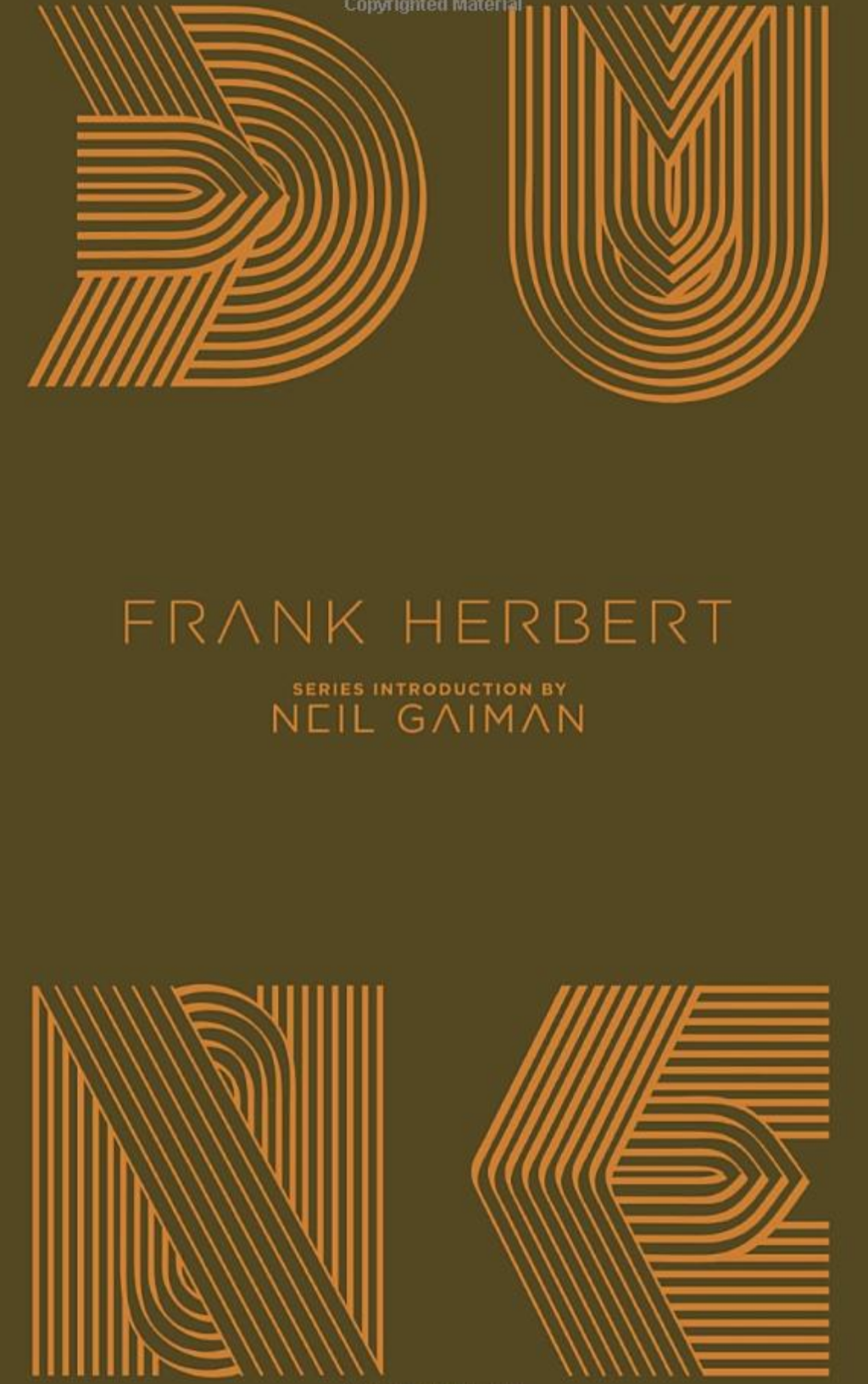
Frank Herbert’s Dune is a classic science fiction book, and one of the best-selling of all time. Published in 1965, the book feels just as relevant today as it did when I read it growing up. This book inspired countless other science fiction works, notably elements of the Star Wars franchise. Dune never really received much mainstream attention outside of genre fans, so if you haven’t heard of it, now might be a good time to read it.
What makes Dune particularly fascinating is its prescience in addressing ecological concerns, resource scarcity, and the dangers of messianic leadership—themes that have only grown more relevant with time. Herbert created not just a universe but entire philosophical systems, religions, and ecologies that feel startlingly real.
There’s a new film adaptation directed by Denis Villeneuve scheduled for release in 2020, so it’s the perfect time to read it before the film arrives. If early production stills are any indication, this adaptation might finally do justice to Herbert’s vision in a way the 1984 David Lynch version couldn’t.
If you can’t get enough of the first book, there are 5 additional books in the series so you can keep reading until your brain goes numb. I’ve never read the others, but perhaps some day I’ll get around to it.
How to Win Friends and Influence People, Non-Fiction #
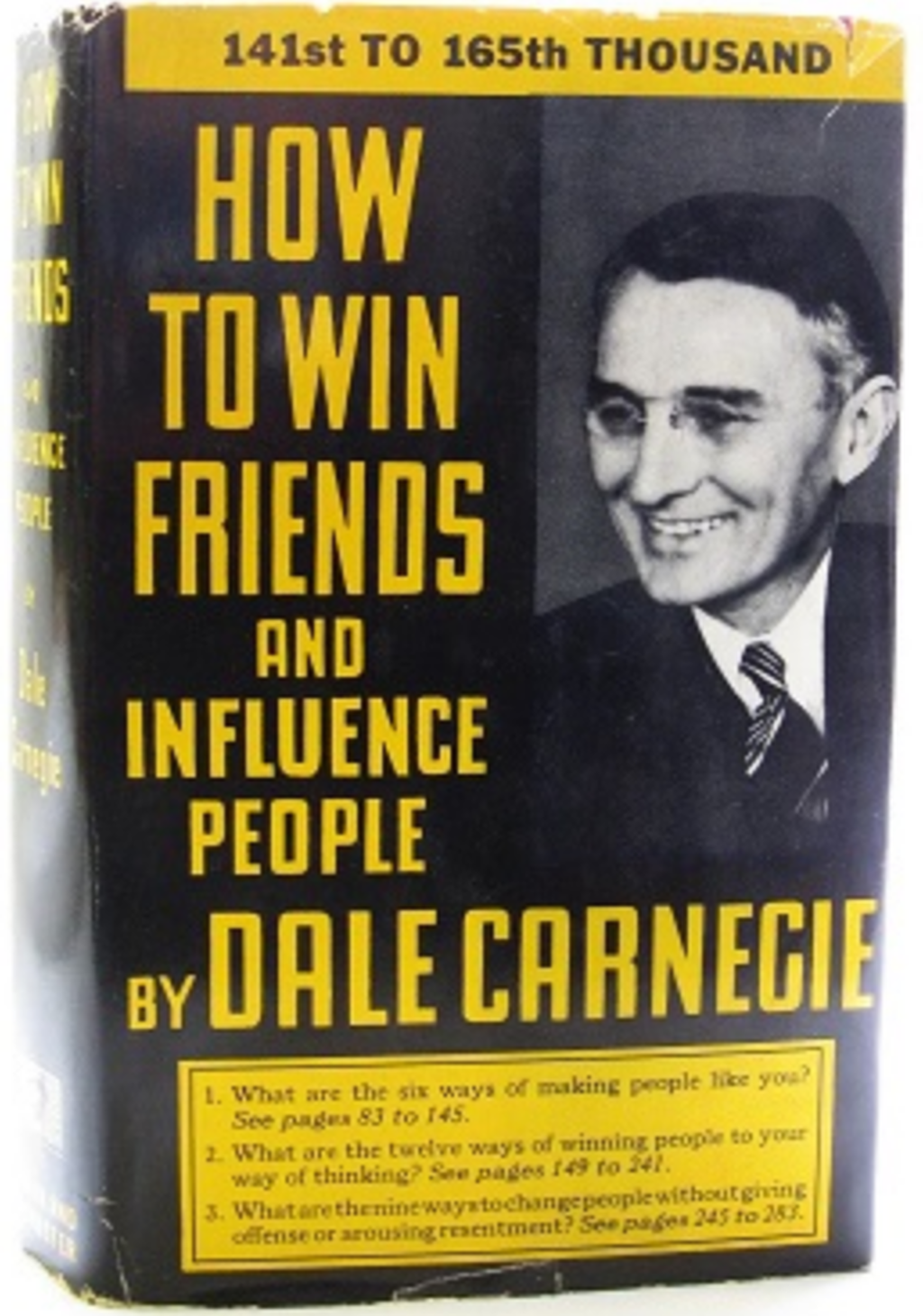
Dale Carnegie’s 1936 book How to Win Friends and Influence People is the sort of book everyone should read at least once, preferably twice. A lot of the advice in the book seems obvious after you’ve read it, but it’s still worth reading.
What’s remarkable about this book is how well it has aged. In our era of social media flame wars and tribal polarization, Carnegie’s simple principles—like “remember that a person’s name is to that person the sweetest and most important sound in any language”—seem almost revolutionary in their humanity and effectiveness.
If I had a time machine, I’d love to go back and meet the author myself, and perhaps take his famous course. Warren Buffett took the course when he was 20 years old, and keeps the diploma in his office to this day. “It changed my life,” Buffett has said, crediting the course with helping him propose to his wife2.
If you have read it previously, it might be worth reading again to brush up on your skills. It’s always good to improve (some call this “growth mindset”).
Sapiens, Non-Fiction #
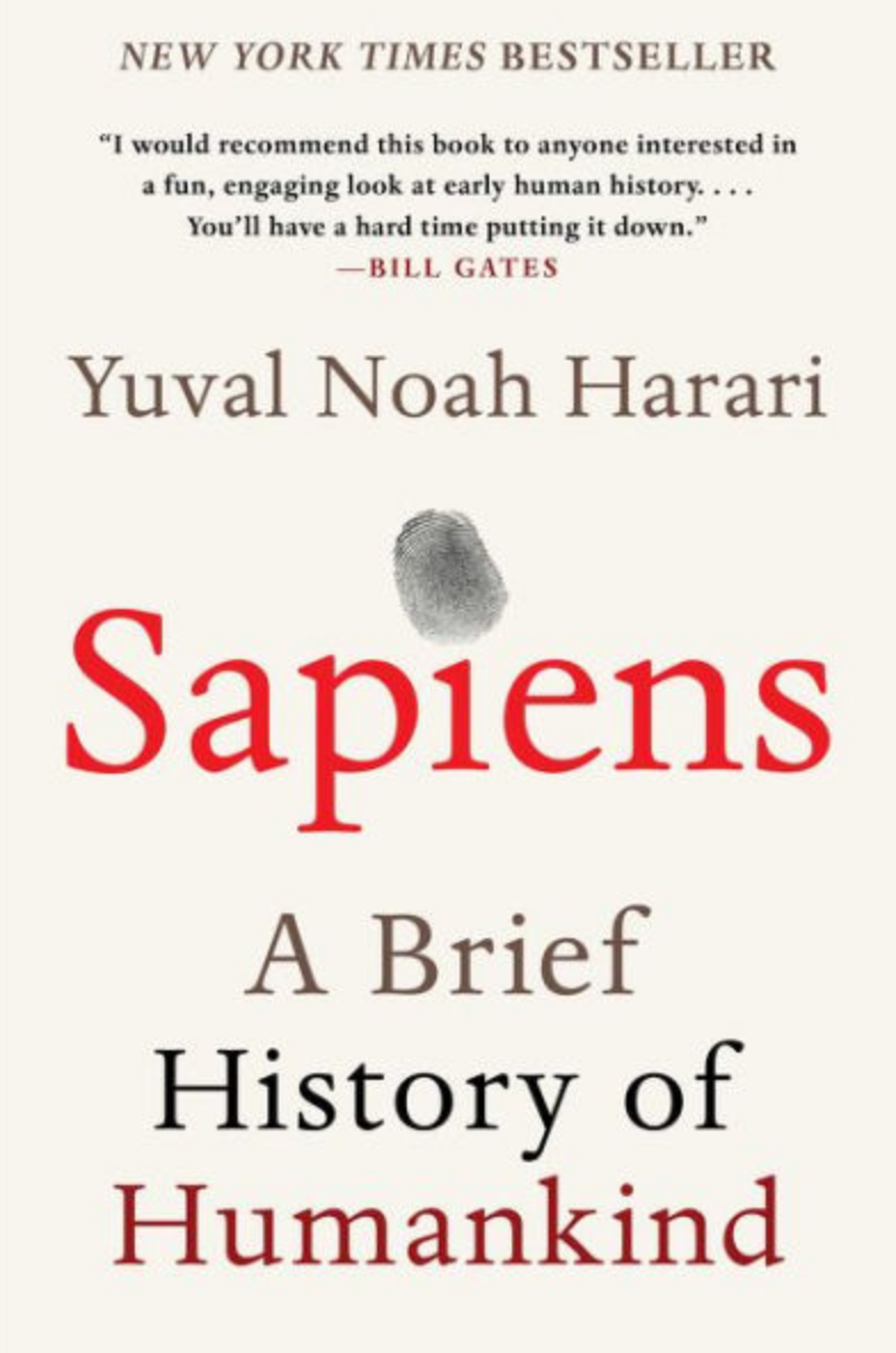
Sapiens by Yuval Noah Harari is a worthwhile and fascinating read. This one has been on everyone’s list for the last few years, and for good reason. I couldn’t pass up an opportunity to add it to my list as well.
The book explores the history of humanity without being pretentious, overly pedantic, or forcing ideology. It’s always tough to find books about human history that aren’t full of opinions rather than facts. This one, in my opinion, mostly sticks to the facts and sets the BS aside.
What makes Harari’s approach unique is his framing of human history through several key “revolutions”—cognitive, agricultural, scientific—and his analysis of how each one transformed not just human society but human happiness. His provocative claim that the agricultural revolution might have been “history’s biggest fraud” forces readers to question whether progress always improves human wellbeing.
Sapiens helps put things in perspective, and it left me with the overwhelming feeling of how small, insignificant, and pointless we are as individuals.
This book pairs well with the next one on my list, so you might want to read both of these if you choose one.
The Selfish Gene, Non-Fiction #
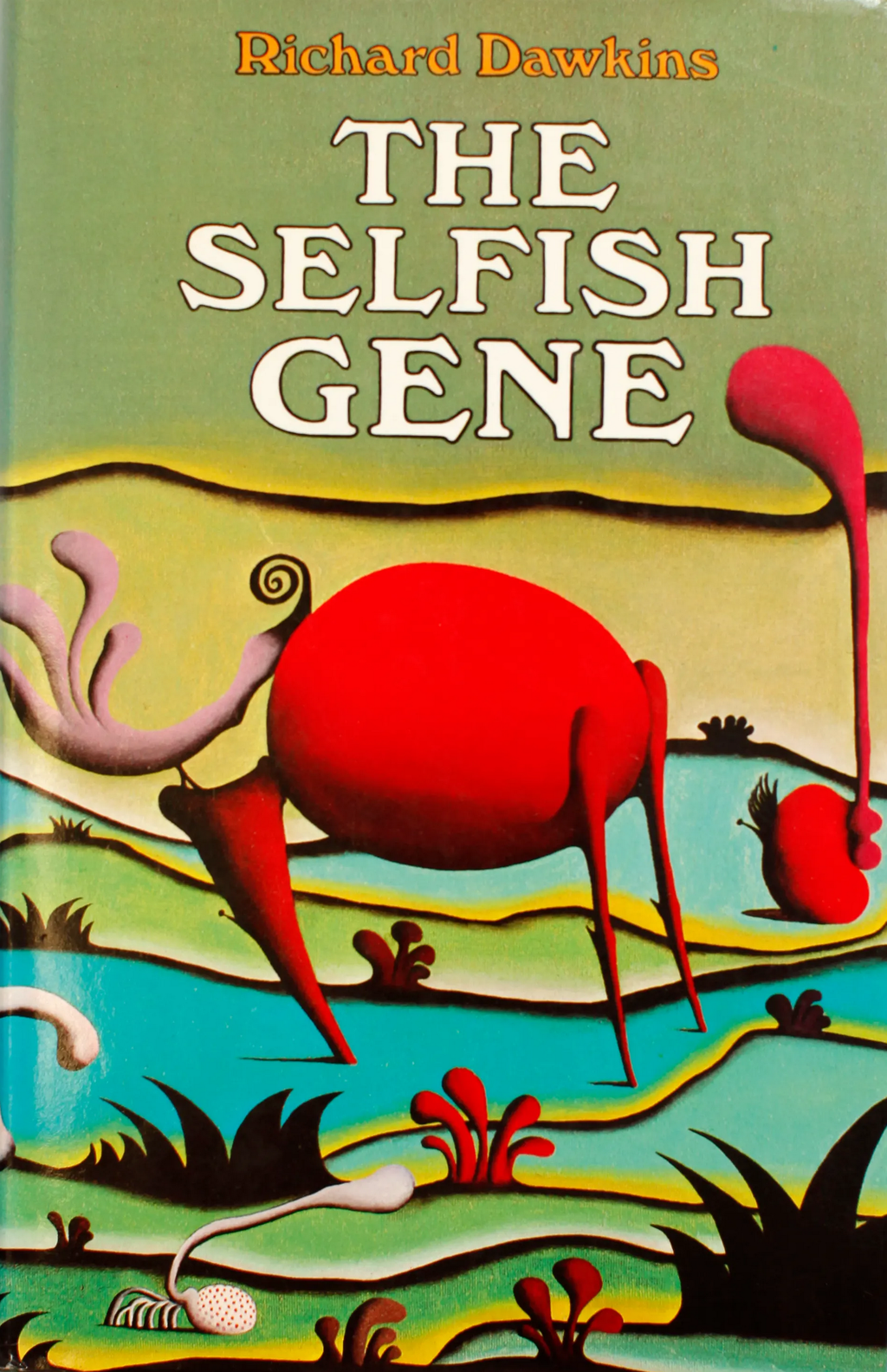
Richard Dawkins’ The Selfish Gene is a fascinating exploration of natural selection. I re-read this one recently and really enjoyed it. Though first published in 1976, its ideas remain cutting-edge and continue to influence fields from psychology to artificial intelligence.
What makes this book exceptional is how it flips our understanding of evolution upside down. Rather than seeing organisms as using genes to reproduce themselves, Dawkins argues we should view genes as using organisms to perpetuate themselves. This seemingly subtle shift in perspective has profound implications for understanding everything from altruism to aging.
The book also introduced the concept of “memes”—ideas that replicate, mutate and compete for mental real estate—long before internet memes became ubiquitous. In fact, the entire field of memetics stems from this single chapter in Dawkins’ book.
Some of the subject matter offends people, but Dawkins does a good job of sticking to the facts and not bowing to social pressures. I respect and admire anyone who can write this way, and also strongly defend their arguments.
The Righteous Mind: Why Good People Are Divided by Politics and Religion, Non-Fiction #
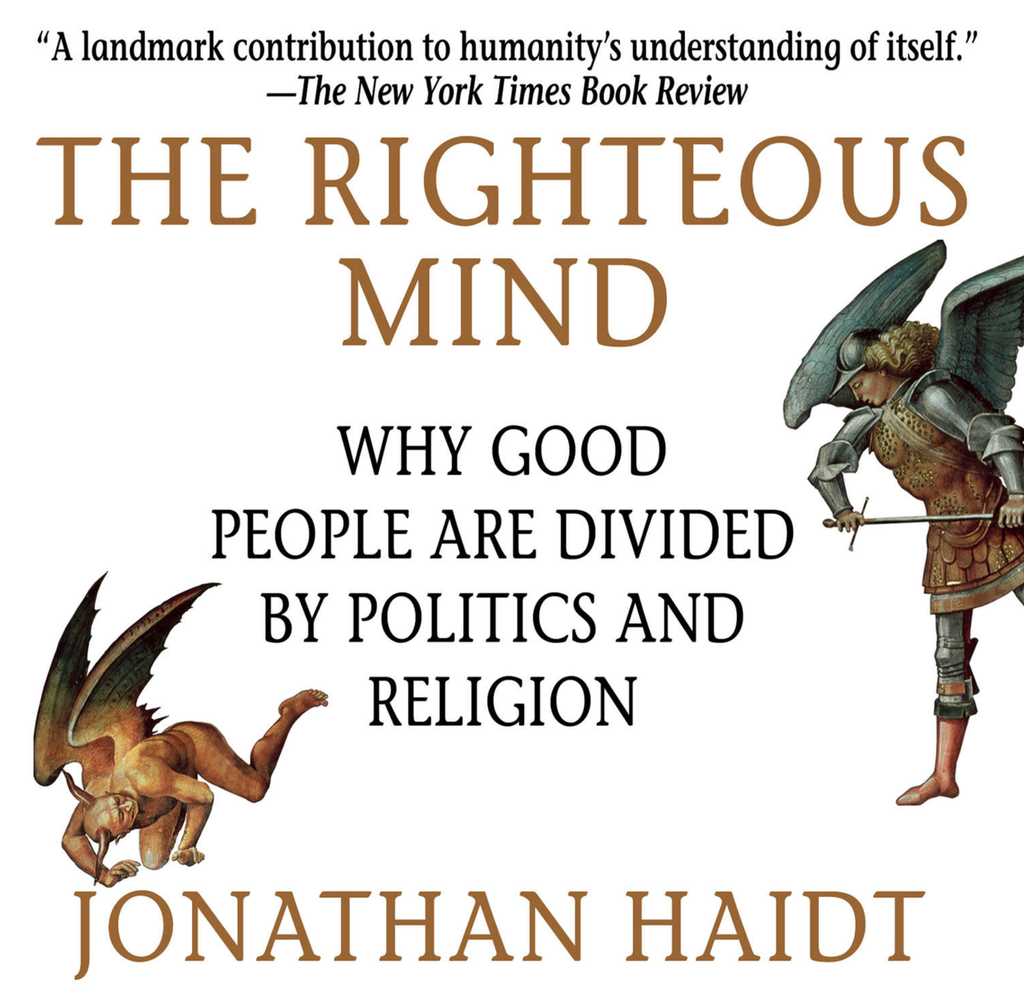
The last book on my list has the very long title of The Righteous Mind: Why Good People Are Divided by Politics and Religion, written by Jonathan Haidt. It’s very relevant today, especially as we head into the 2020 US election, and it might be worth reading if you haven’t already.
Haidt’s moral foundations theory presents a compelling framework for understanding political differences. Rather than seeing political opponents as evil or stupid, he suggests different moral intuitions are at play. Liberals tend to emphasize care and fairness, while conservatives also strongly value loyalty, authority, and sanctity—foundations that liberals often overlook or dismiss.
What makes this book particularly valuable is Haidt’s metaphor of the rational mind as a rider on an elephant (our emotional, intuitive self). The rider thinks it’s in control, but mostly serves as a press secretary justifying what the elephant already wants to do. This helps explain why presenting facts rarely changes minds—we need to speak to the elephant first.
The one thing I hope people take away from this book is that politics is not as simple as left vs. right, and that people embroiled in political debates are unlikely to change their mind no matter how good you think your arguments are because tribal forces are too strong. So if that boomer relative of yours shares their views on how great Trump is, just walk away silently.
Additionally, if you want to maintain your sanity during the 2020 US election, the best thing you can do is avoid reading the news, watching mainstream TV, or engaging in any discussions on the matter. Though given the stakes these days, perhaps a more productive approach is to understand the moral foundations of those you disagree with and find common ground where possible.